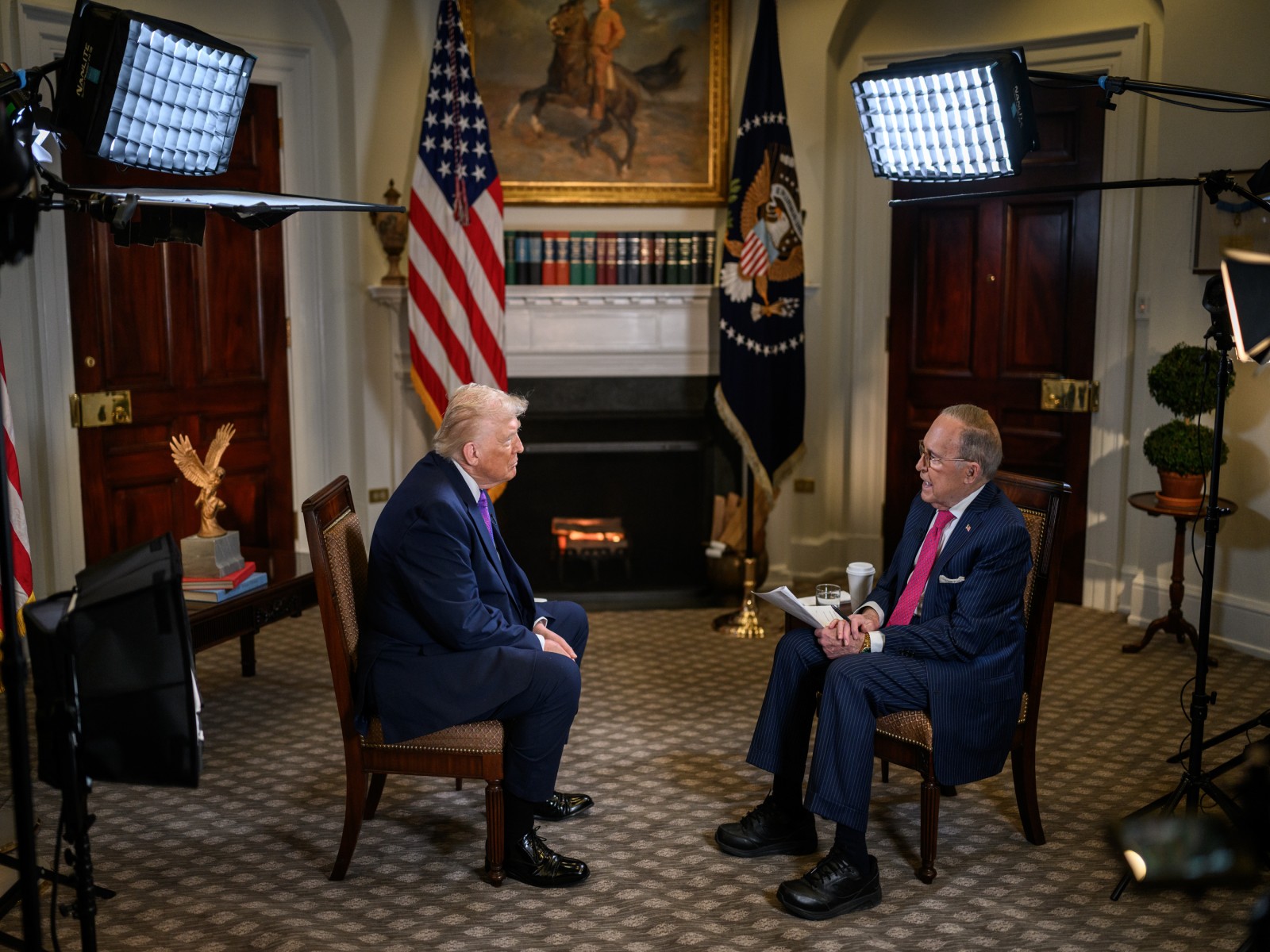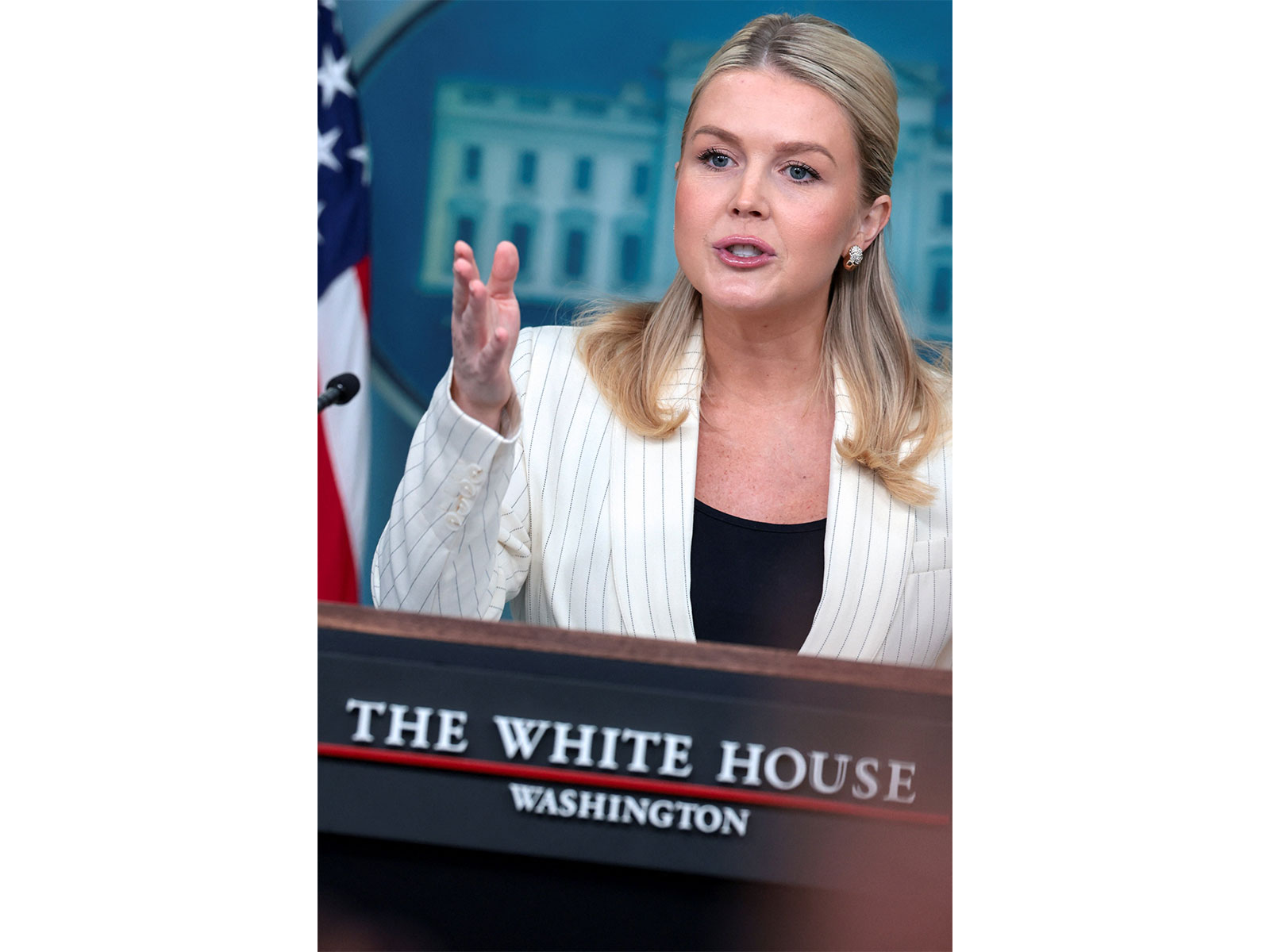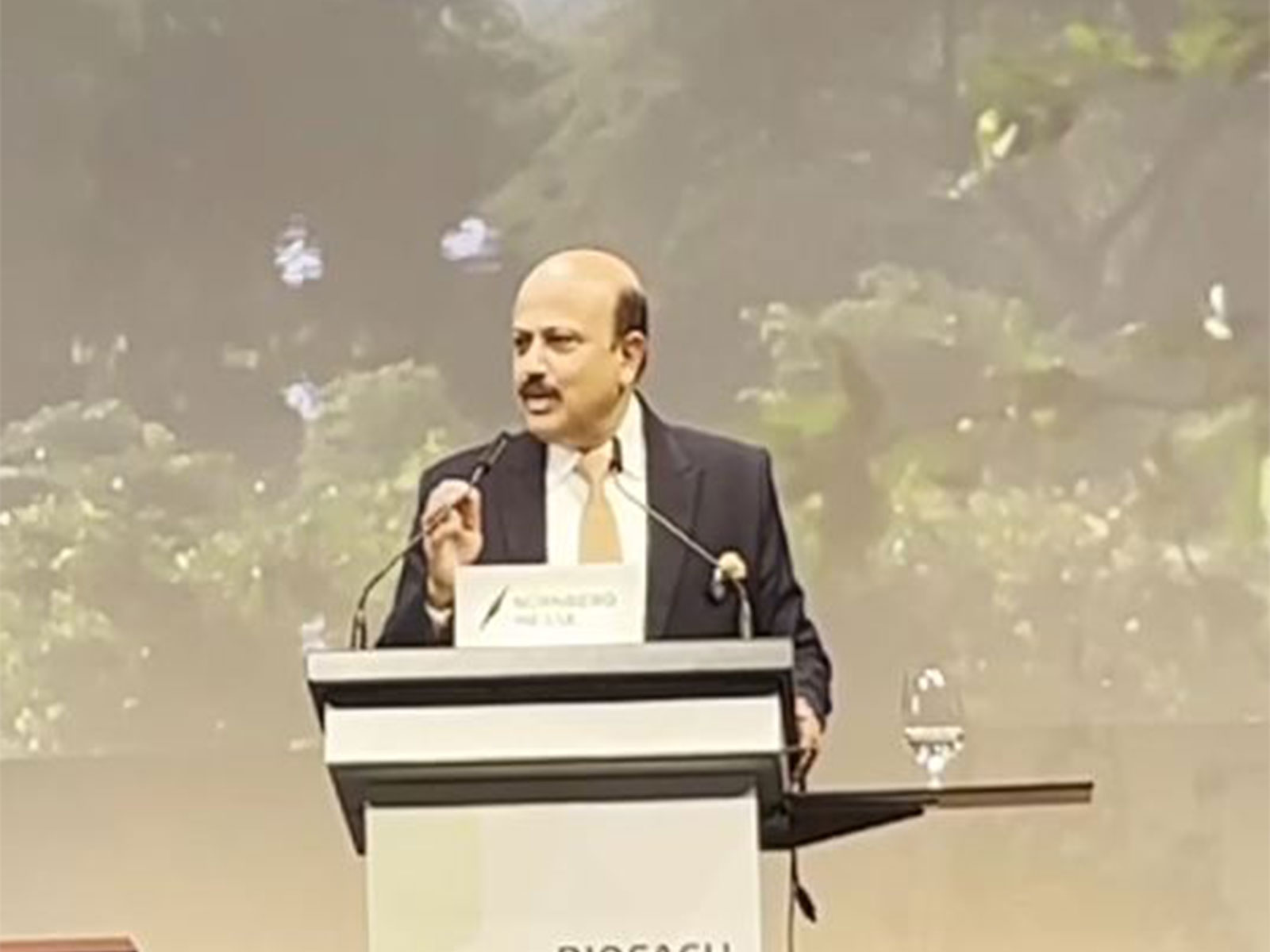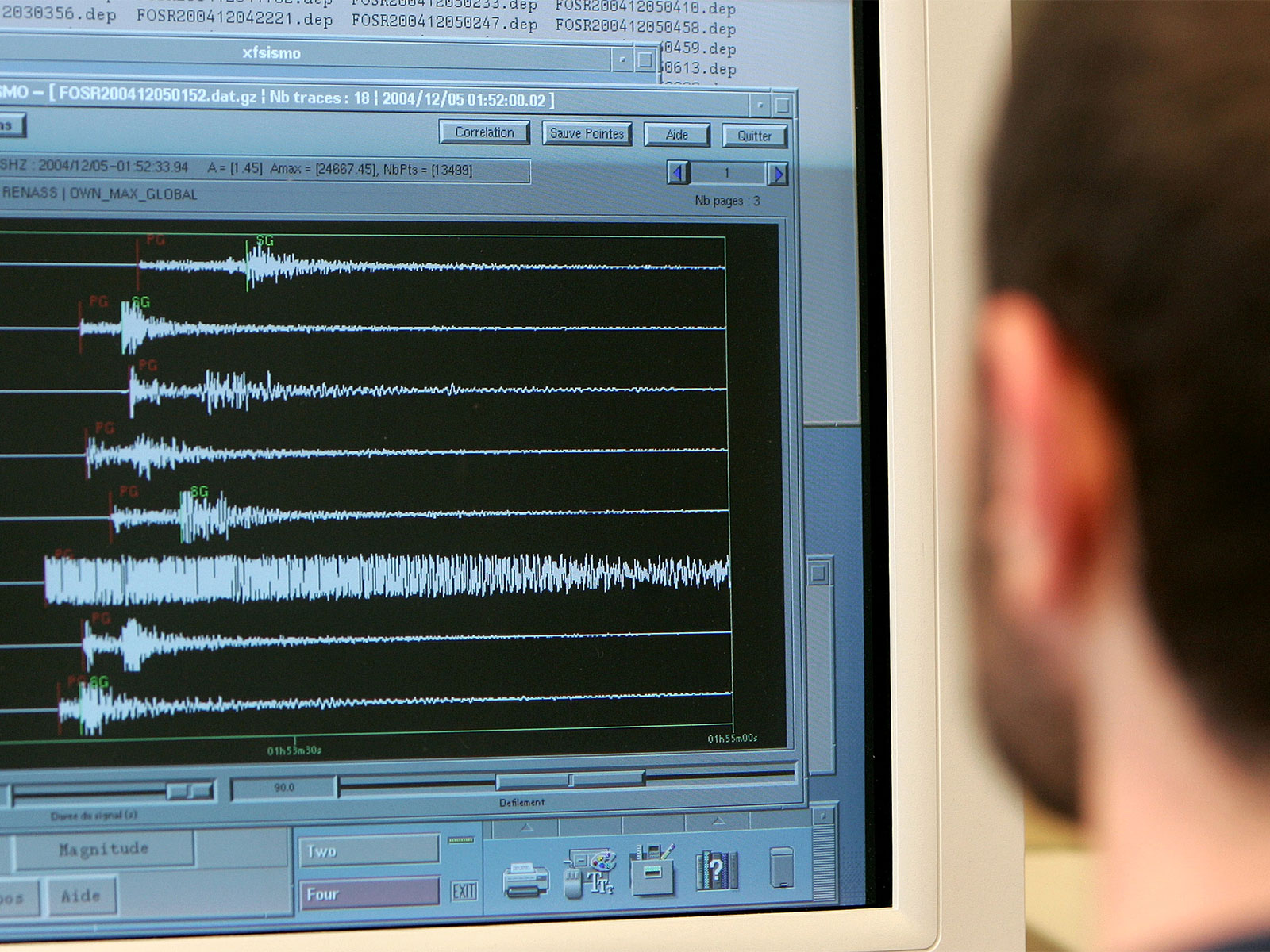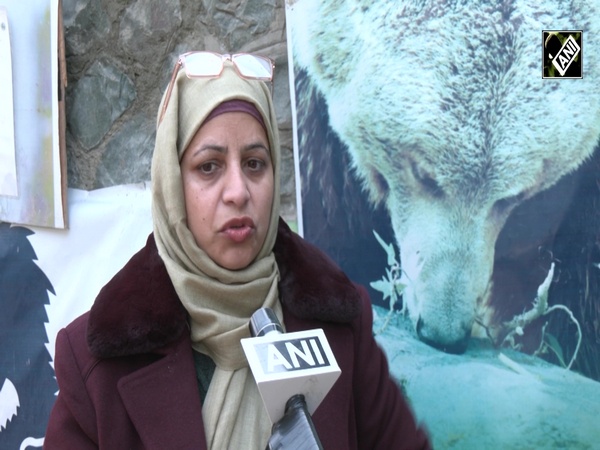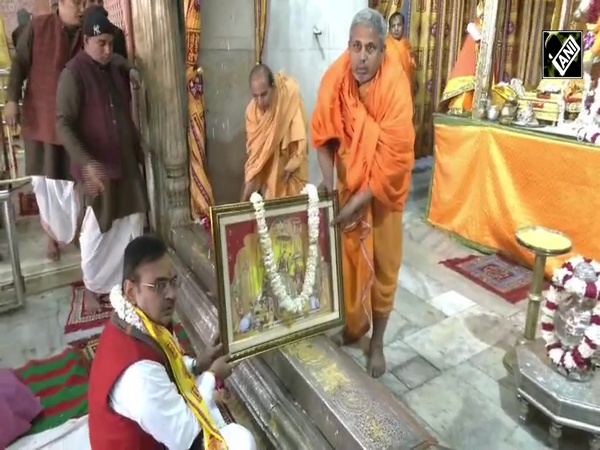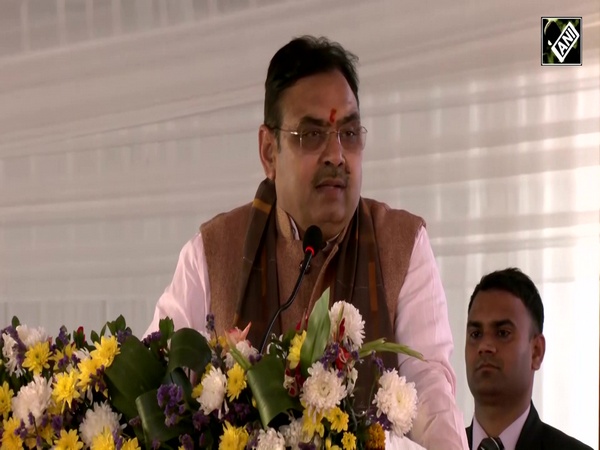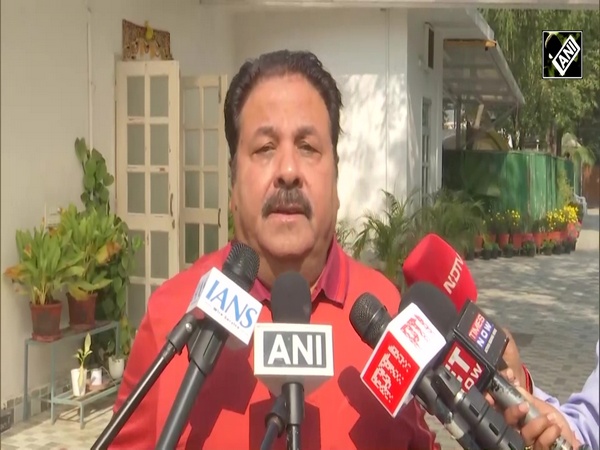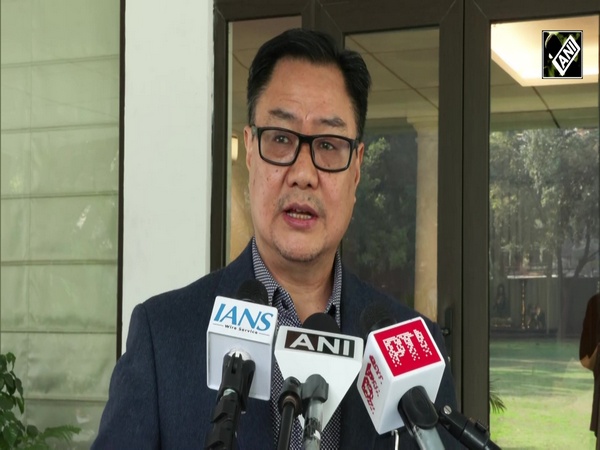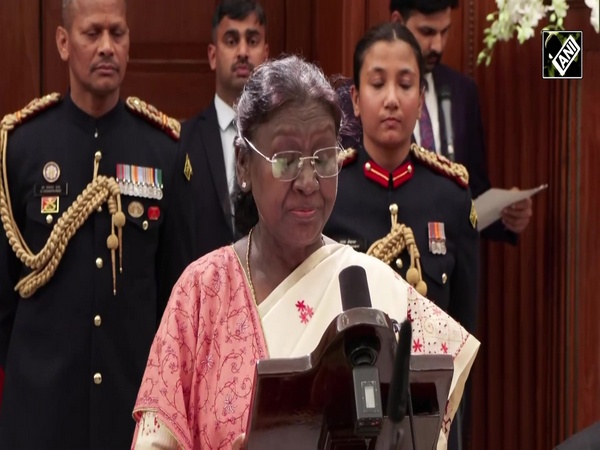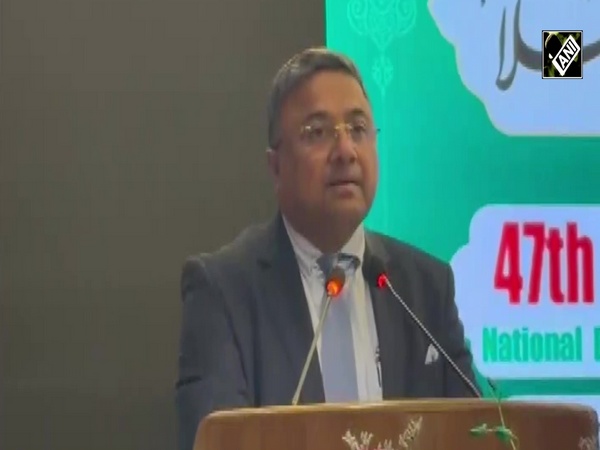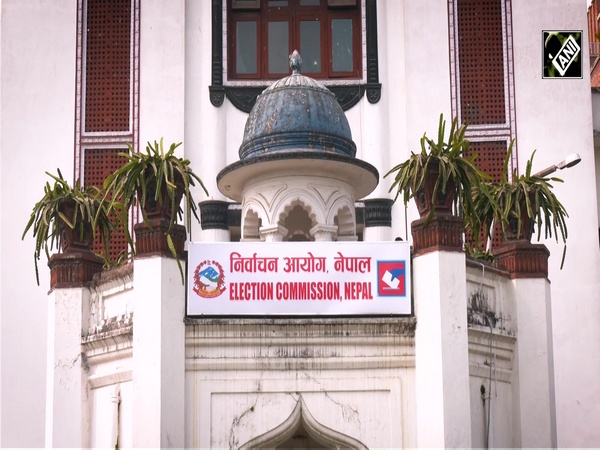UKPNP denounces move to merge PoJK and PoGB into Pakistan, calls it "illegal occupation"
Nov 04, 2025
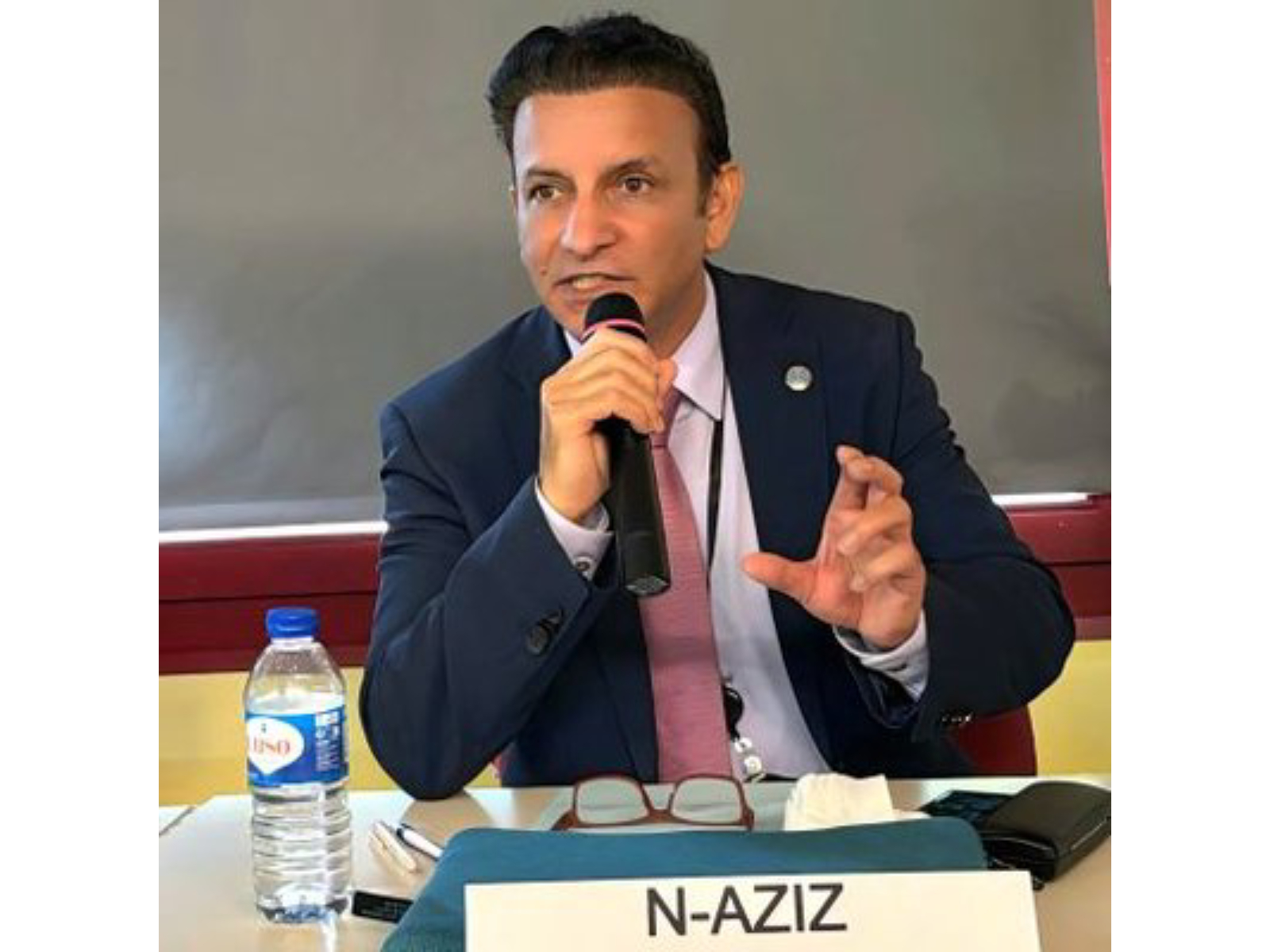
Geneva [Switzerland], November 4 : In a strong statement posted on social media platform X, Sardar Nasir Aziz Khan, Spokesperson of the United Kashmir People's National Party (UKPNP), voiced firm opposition to any move aimed at making Pakistan-occupied Jammu and Kashmir (PoJK) a province of Pakistan or merging it into the country's federal structure.
The statement said, "Both PoJK and Pakistan-occupied Gilgit Baltistan (PoGB) are historically and legally part of the former princely state of Jammu and Kashmir. These regions are not constitutional or legal parts of Pakistan. Any constitutional move or administrative attempt to merge PoJK or PoGB into Pakistan would be illegal."
The UKPNP spokesperson accused Pakistan of having "no legal authority over the State of Jammu and Kashmir."
He stated, "Pakistan has no legal authority over the State of Jammu and Kashmir. She invaded the State of Jammu and Kashmir on 22 October 1947. Pakistan has no right to unilaterally alter or determine the future of the territories under its control."
Calling for unity among Kashmiris, he urged all people of the region to "stand united against occupation, exploitation, and injustice" and appealed to the United Nations and the international community to help ensure PoJK's people's right to freedom.
He added, "No one has the right to abolish our history, culture, identity, values, or occupy our land and natural resources."
Pakistan-occupied Jammu and Kashmir (PoJK) came under Pakistan's control after its tribal militias, backed by the Pakistani army, invaded the princely state of Jammu and Kashmir on 22 October 1947, leading to the first Indo-Pak war.
The region remains under Pakistan's illegal occupation, divided into "Pakistan-occupied Jammu and Kashmir" and "Pakistan-occupied Gilgit Baltistan (PoGB)."
Despite lacking constitutional rights or representation, the people face political suppression, censorship, forced disappearances, and restrictions on freedom of speech and movement.
Human rights organisations have reported systematic abuses, including curbs on media, denial of fundamental rights, exploitation of natural resources, and persecution of pro-independence voices.


